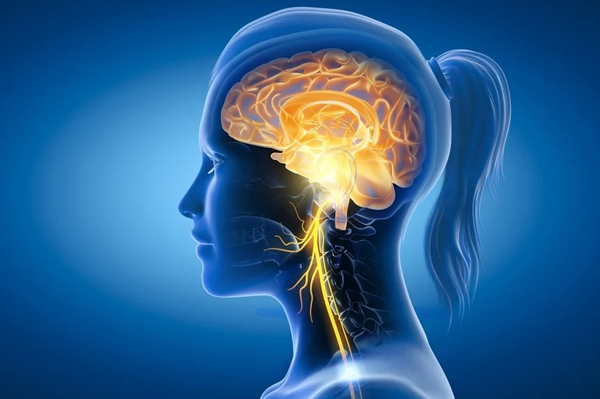Myoclonus

Myoclonus refers to sudden, involuntary jerking or twitching movements of muscles. These movements can range from mild twitches to severe spasms, often occurring in a rhythmic or irregular pattern. Myoclonus can involve a single muscle or a group of muscles and may affect different parts of the body.
Causes
- Physiologic myoclonus: This type is normal and typically occurs in response to external stimuli (e.g., a sudden jerk when falling asleep).
- Essential myoclonus: This type occurs without any identifiable cause and is often inherited.
- Symptomatic myoclonus: This is caused by an underlying neurological condition, such as:
Neurological disorders: Parkinson's disease, epilepsy, Huntington's disease, and multiple sclerosis.
Metabolic disorders: Uremia, liver failure, or mitochondrial diseases.
Infections: Encephalitis or meningitis.
Toxins or drugs: Alcohol withdrawal, drug overdose, or medication side effects.
Symptoms:
The primary symptom of myoclonus is the sudden, brief jerking or twitching of muscles. It can occur in various patterns:
- Focal myoclonus: Affects one muscle or muscle group.
- Segmental myoclonus: Involves a part of the body, such as an arm or leg.
- Generalized myoclonus: Affects large parts of the body, including the trunk and limbs. Other symptoms may include difficulty with coordination or balance, and in some cases, myoclonus can be associated with more severe conditions, leading to impairment of motor function.
Treatment
The treatment of myoclonus depends on the underlying cause:
- Medications: Anti-seizure drugs (e.g., valproic acid, clonazepam) and other medications like baclofen and levetiracetam are commonly used to reduce myoclonus.
- Treating underlying conditions: In cases where myoclonus is secondary to a disease (e.g., Parkinson’s), managing the primary condition is crucial.
- Physical therapy: For some, physical therapy may help manage the symptoms, especially if myoclonus affects motor control.
